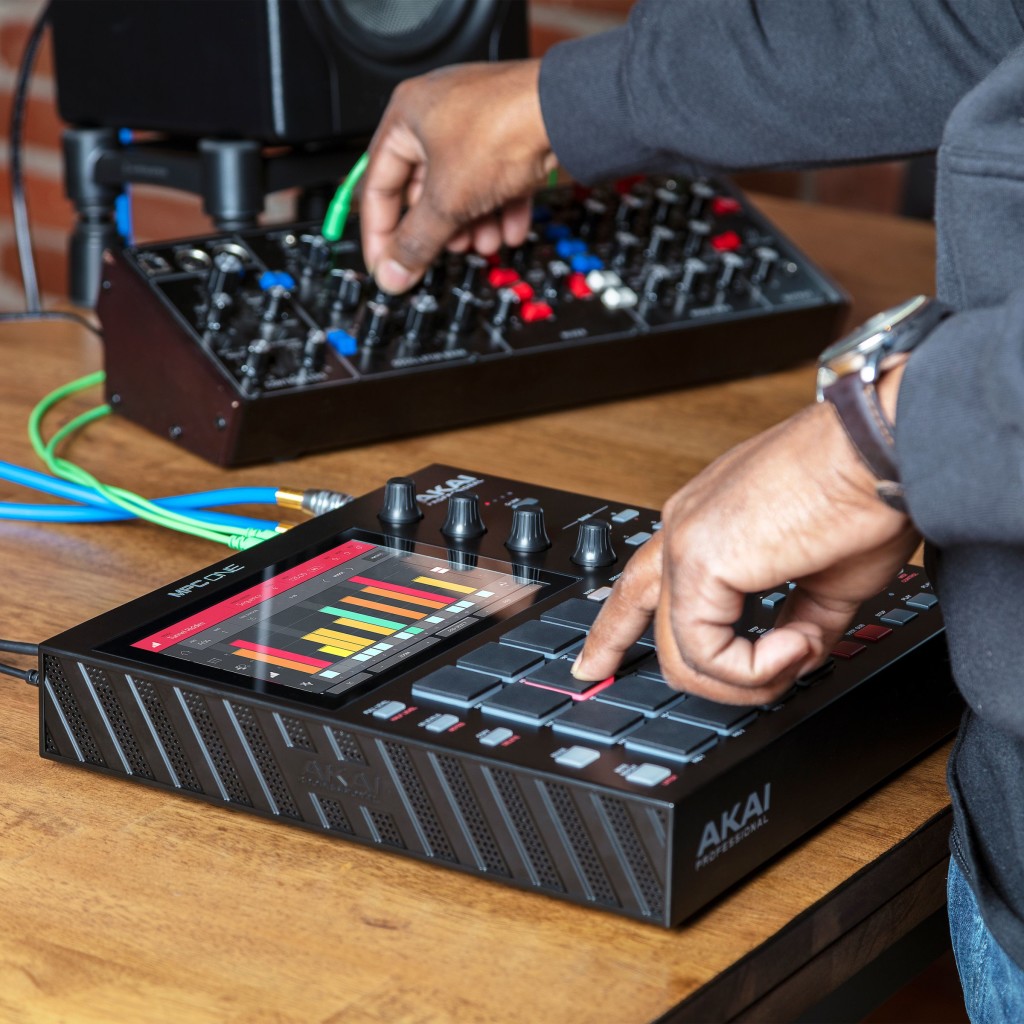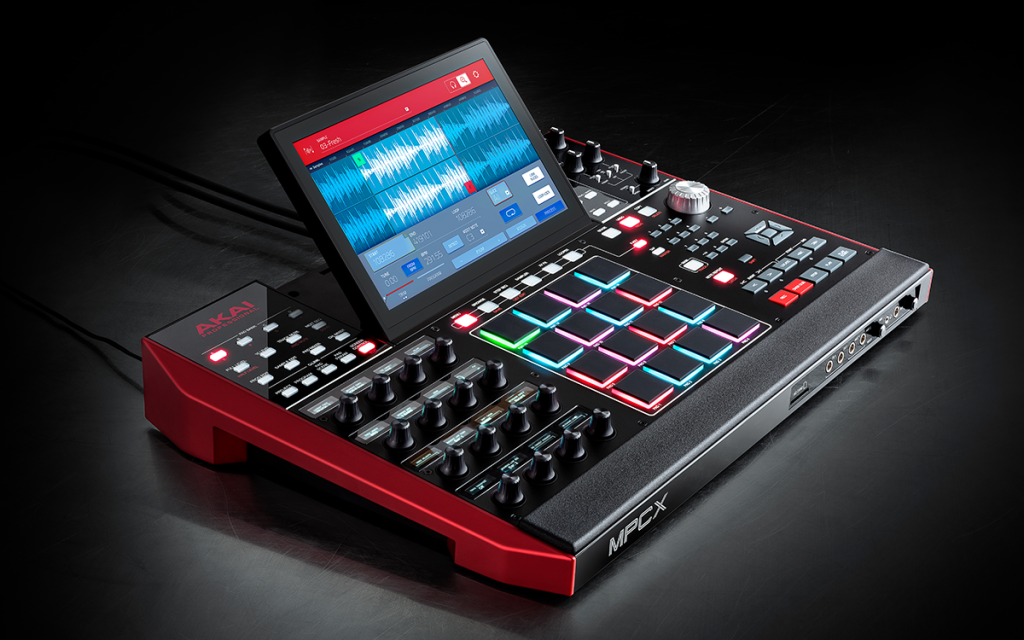New plug-ins – and vocal tuning – and USB class compliant audio devices? MPC 2.10 is winning over users of the standalone MPC range.
After years of anticipation, the start of the standalone computer-style device was, frankly, a little rocky at its beginning. At launch with first Akai – and later, after a cancellation, disappearance, layoffs, and reemergence, Native Instruments – standalone boxes could feel a bit buggy and incomplete.
There’s something to be said for adopting a technology slowly, though, because if you were to pick up devices from either vendor now, I think you’d have a better experience. (I’ll deal with Maschine+ separately – I was skeptical with that, too, especially with the full computer experience still costing less, but it has also evolved including a big update this summer.)

Akai, for their part, are fully exploiting their head start. Yes, speaking of low, the news was last week, but what I can say is I’ve gotten to hear from a ton of devoted MPC users since then and they’re excited.
Here’s what’s included in the MPC update, and we absolutely better get an Akai and NI box ready for a comparison, because there are some interesting parallel evolutions. That doesn’t even require the two companies to pay attention to one another; they each have a stable of desktop software they can port, and they are each using similar Linux-based OSes.
So here’s what you get in 2.10, a lot coming from the AIR software suite – that’s Air Music Tech, the veteran German plug-in developers who went from being Wizoo to being part of Avid to being part of InMusic —
Maybe the best overview is Tubedigga (thanks to David Last for the tip), who in the crowded video landscape clearly explains workflow and how to use stuff:
Four new plugin instruments: AIR’s Hype, Solina, Odyssey, and Mellotron. Hype is a bunch of instruments in one, actually, so covering a range of stuff from pianos to FM to wavetables. And that’s the WayOutWare Odyssey.
New AIR Vocal Insert Effect Suite w/ Automatic Vocal Tuning, AIR Doubler and AIR Harmonizer Plugin.
7 new Insert Effects plugins: Half Speed, Stutter, Diode Clipper, AIR Diffuser Delay, Granulator, Sample Delay, and AIR Limit.
USB Class Compliant audio interface support (need to ask them about whether that requires separate power).
10 New Drum Pad Effects including Ringmod, Bitcrush, Decimator and more.
New Sample Key Detection.
MPC Drum and Keygroup Engine Enhancements including Akai Pro Sample Tail, Dedicated Pitch Envelope, and Keygroup Portamento.

It’s funny, actually, how closely this lines up with Maschine+ – from some nice distortion (which I use a lot) to instruments (NI just added a polysynth to M+, too).
But then where these are very different is, the MPC workflow is not Maschine’s workflow – for better and for worse, but I suspect better for quite a few people. I am reasonably comfortable with Maschine, but you do hit points where it suddenly ceases to be intuitive. The MPC software is easier to look at visually and is structured a bit more like a conventional drum machine.
Of course, Maschine+ does support some really unique sound sources that only NI has. But NI doesn’t have anything to match those new vocal effects, either, which means they may have just ceded the singer market to Akai for the crucial buying season ahead.
Singers seem even more likely than other instrumentalists to want standalone hardware – not just for “DAWless” bragging rights, but because you just can’t really relax as a singer dealing with a computer and its unpredictable performance. So I think this is a very big deal, and I think a lot of singers are now production- and software-savvy enough that they’ve outgrown the kinds of standalone hardware historically sold to them.
Let me express my total bias here and hope this makes my Berlin neighbors at Native Instruments nervous enough to start working on how to make more Reaktor ensembles work in Maschine+ as that could bring new vocal effects.
Hey, maybe it’s because I hail from Kentucky, but I love nothing more than a good horse race.
Wait – plus there’s a new longshot that was a last-minute entry from gaming, the Steam Deck, so standalone Linux boxes are getting interesting. More on the others later this week, then.